Books of the Year 2024
Lynette Russell
William Dalrymple’s The Golden Road: How ancient India transformed the world (Bloomsbury, reviewed in ABR, 10/24) explores the ways in which India shaped the ancient (and by extension modern) world. This expansive work is brilliantly readable. I enjoyed it so much that I downloaded the recorded version, which Dalrymple himself narrates. This I have listened to twice. Dalrymple challenges the Western-centric view of history and highlights India’s under-appreciated impact on Asian and Western cultural and economic developments. My second selection is almost a diametrical opposite: a slim book written in incredible haste. Gideon Haigh’s My Brother Jaz (MUP) is an exploration of grief, guilt, remorse, and survival. In January 2024, Haigh impulsively and, one imagines, frenetically began writing about the night his seventeen-year-old brother Jasper was killed. He finished seventy-two hours later. My Brother Jaz is unflinching, painful, and anguished. It is also a remarkable exploration of what it means to go on, to live, to reconcile and remember.
James Bradley
After too many years away, it was hugely exciting to have Tim Winton back with his climate epic, Juice (Hamish Hamilton, 11/24), a book that looks the horror of the climate crisis in the eyes and refuses to give way to despair. David Whish-Wilson also tackles environmental concerns in his gripping Cutler (Fremantle Press), a crime thriller set amid the violence of industrial fishing. Robbie Arnott’s Dusk (Picador, 10/24), a fantastical Western set in the Tasmanian high country, shows yet again that Arnott is a generational talent, while Kate Kruimink’s darkly funny and marvellously off-kilter Heartsease (Picador) should leave nobody in any doubt that she is one of the most interesting new writers working at present. On the non-fiction side of the fence, I admired Simon Cleary’s expansive account of his walk along the length of the Brisbane River, Everything is Water (UQP, 8/24) and Lauren Fuges’s stunning exploration of deep time and our uncertain future, Voyagers: Our journey into the Anthropocene (Text, 11/24).
Yves Rees
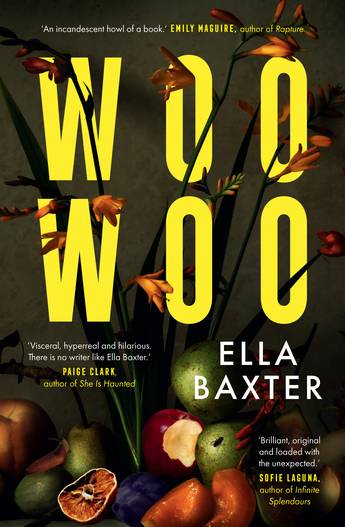 This was a year of talented writers outdoing themselves: several pre-existing favourites released new books that pushed my admiration to fresh heights. Ella Baxter’s second novel Woo Woo (Allen & Unwin) is a gloriously unhinged paean to female power and creativity, inspired by the author’s experience of being stalked. In Unshrinking: How to fight fatphobia (Penguin), feminist philosopher Kate Manne builds on her earlier analyses of misogyny in Down Girl (2017) and Entitled (2020) with a lucid dissection of fatphobia that is her most personal and incisive work to date. Jazz Money’s second collection mark the dawn (UQP) is a feast of the Wiradjuri poet’s signature joyful lyricism – an energy I would pay good money to bottle. Sam Elkin manages to make bureaucracy and managerialism the stuff of high comedy in Detachable Penis: A queer legal saga (Upswell), a dark satire of contemporary work and queer politics concealed within a gender transition memoir.
This was a year of talented writers outdoing themselves: several pre-existing favourites released new books that pushed my admiration to fresh heights. Ella Baxter’s second novel Woo Woo (Allen & Unwin) is a gloriously unhinged paean to female power and creativity, inspired by the author’s experience of being stalked. In Unshrinking: How to fight fatphobia (Penguin), feminist philosopher Kate Manne builds on her earlier analyses of misogyny in Down Girl (2017) and Entitled (2020) with a lucid dissection of fatphobia that is her most personal and incisive work to date. Jazz Money’s second collection mark the dawn (UQP) is a feast of the Wiradjuri poet’s signature joyful lyricism – an energy I would pay good money to bottle. Sam Elkin manages to make bureaucracy and managerialism the stuff of high comedy in Detachable Penis: A queer legal saga (Upswell), a dark satire of contemporary work and queer politics concealed within a gender transition memoir.
Geordie Williamson
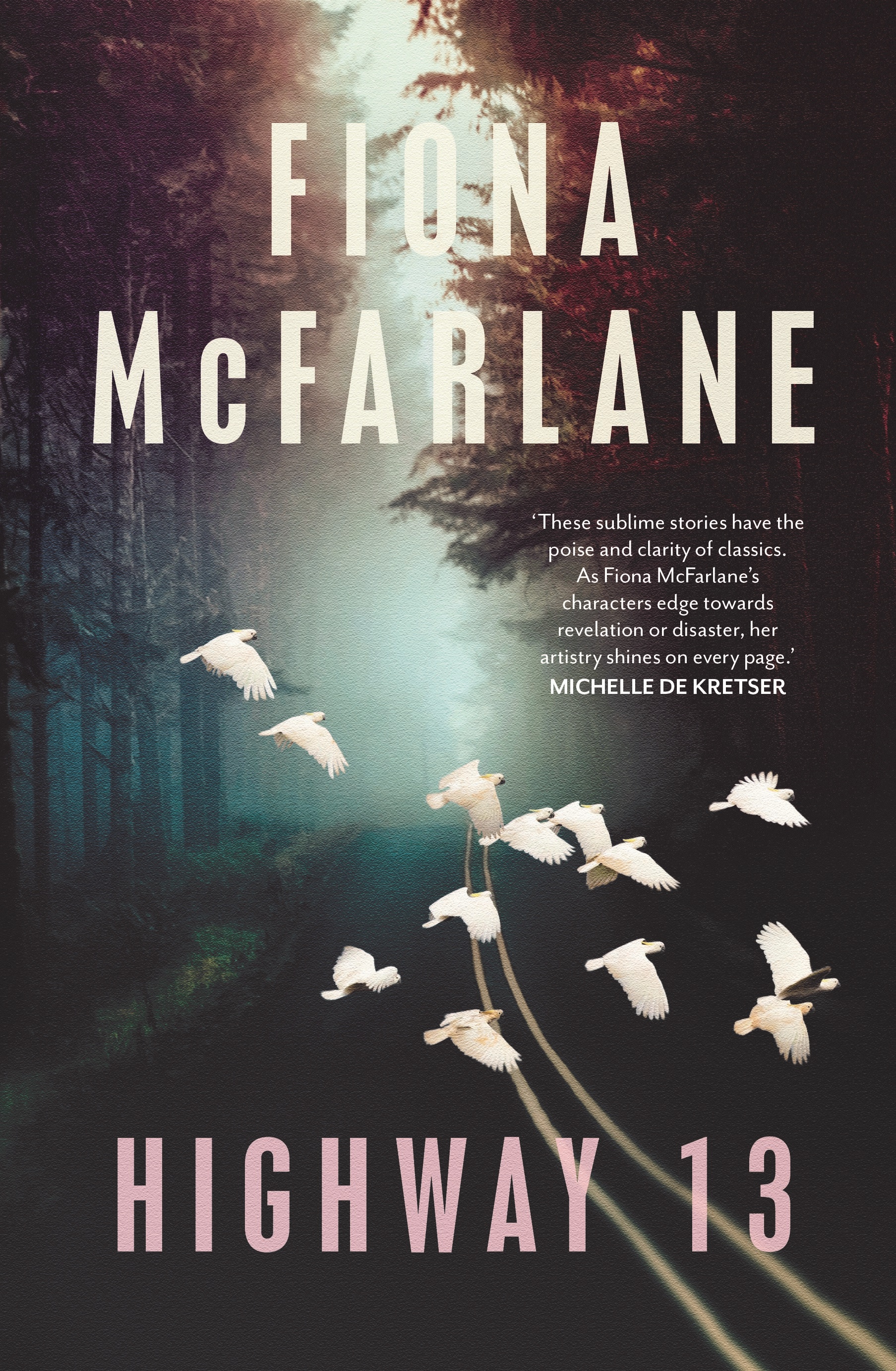 For the revelation of Pedro Lemebel – beloved Chilean author and outspoken activist – I owe a debt to Gwendolyn Harper, translator of a selection of Lemebel’s essays, A Last Supper of Queer Apostles (Pushkin Press). These crónicas are, in Lemebel’s words, ‘a bastard genre’, taking in economics, history, poetry, and cultural criticism. They are brilliant, vivid, and passionately attentive to those who are voiceless in Latin America. Fiona McFarlane’s linked short story collection Highway 13 (Allen & Unwin, 9/24) has been squatting in my mental real estate for months. As a technical exercise, it is virtuosic; as a meditation on the nature of evil, it is simply chilling. Here is further proof that McFarlane is the most talented Australian author of her generation. Malcolm Knox is a writer for all seasons. His new novel, The First Friend (A&U, 10/24), triumphantly pulls off the impossible: making a surreal black comedy out of the terror inflicted by Stalin’s inner circle, particularly ‘connoisseur of homicide’, Lavrentiy Beria. A lacerating satire that never relinquishes full human feeling.
For the revelation of Pedro Lemebel – beloved Chilean author and outspoken activist – I owe a debt to Gwendolyn Harper, translator of a selection of Lemebel’s essays, A Last Supper of Queer Apostles (Pushkin Press). These crónicas are, in Lemebel’s words, ‘a bastard genre’, taking in economics, history, poetry, and cultural criticism. They are brilliant, vivid, and passionately attentive to those who are voiceless in Latin America. Fiona McFarlane’s linked short story collection Highway 13 (Allen & Unwin, 9/24) has been squatting in my mental real estate for months. As a technical exercise, it is virtuosic; as a meditation on the nature of evil, it is simply chilling. Here is further proof that McFarlane is the most talented Australian author of her generation. Malcolm Knox is a writer for all seasons. His new novel, The First Friend (A&U, 10/24), triumphantly pulls off the impossible: making a surreal black comedy out of the terror inflicted by Stalin’s inner circle, particularly ‘connoisseur of homicide’, Lavrentiy Beria. A lacerating satire that never relinquishes full human feeling.
Clare Corbould
 The heroes and villains in Percival Everett’s nineteenth novel, James (Mantle, 7/24), so lodged themselves in my mind that for two weeks I kept forgetting I had finished the book, dearly wanting to return to them. Everett uses his finely honed skills in irony and burlesque to mash-up a revision of Mark Twain’s Huckleberry Finn with a less-well-known genre of the nineteenth century, the slave narrative, created by people who managed to flee to the north. It’s wonderful; at once all too much and yet barely enough. Ever a sucker for history delivered on the back of a good character, I devoured A Day in the Life of Abed Salama: A Palestine story (Penguin). Journalist Nathan Thrall canvasses the history of Israel, mounting a powerful case that the apartheid state has moved inexorably to a second Nakba. The book was published in early October, 2023, and events since have proved him right.
The heroes and villains in Percival Everett’s nineteenth novel, James (Mantle, 7/24), so lodged themselves in my mind that for two weeks I kept forgetting I had finished the book, dearly wanting to return to them. Everett uses his finely honed skills in irony and burlesque to mash-up a revision of Mark Twain’s Huckleberry Finn with a less-well-known genre of the nineteenth century, the slave narrative, created by people who managed to flee to the north. It’s wonderful; at once all too much and yet barely enough. Ever a sucker for history delivered on the back of a good character, I devoured A Day in the Life of Abed Salama: A Palestine story (Penguin). Journalist Nathan Thrall canvasses the history of Israel, mounting a powerful case that the apartheid state has moved inexorably to a second Nakba. The book was published in early October, 2023, and events since have proved him right.
Continue reading for only $10 per month. Subscribe and gain full access to Australian Book Review. Already a subscriber? Sign in. If you need assistance, feel free to contact us.


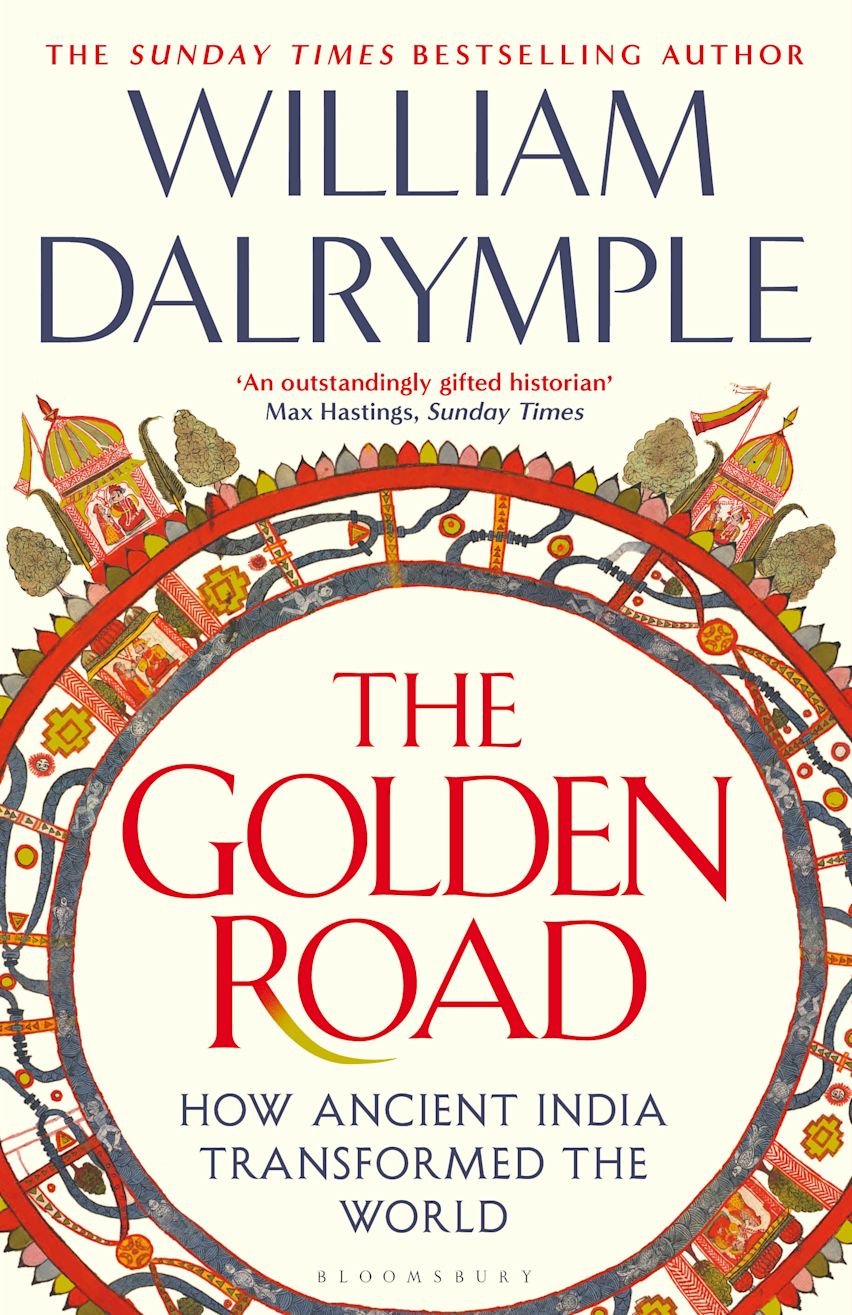
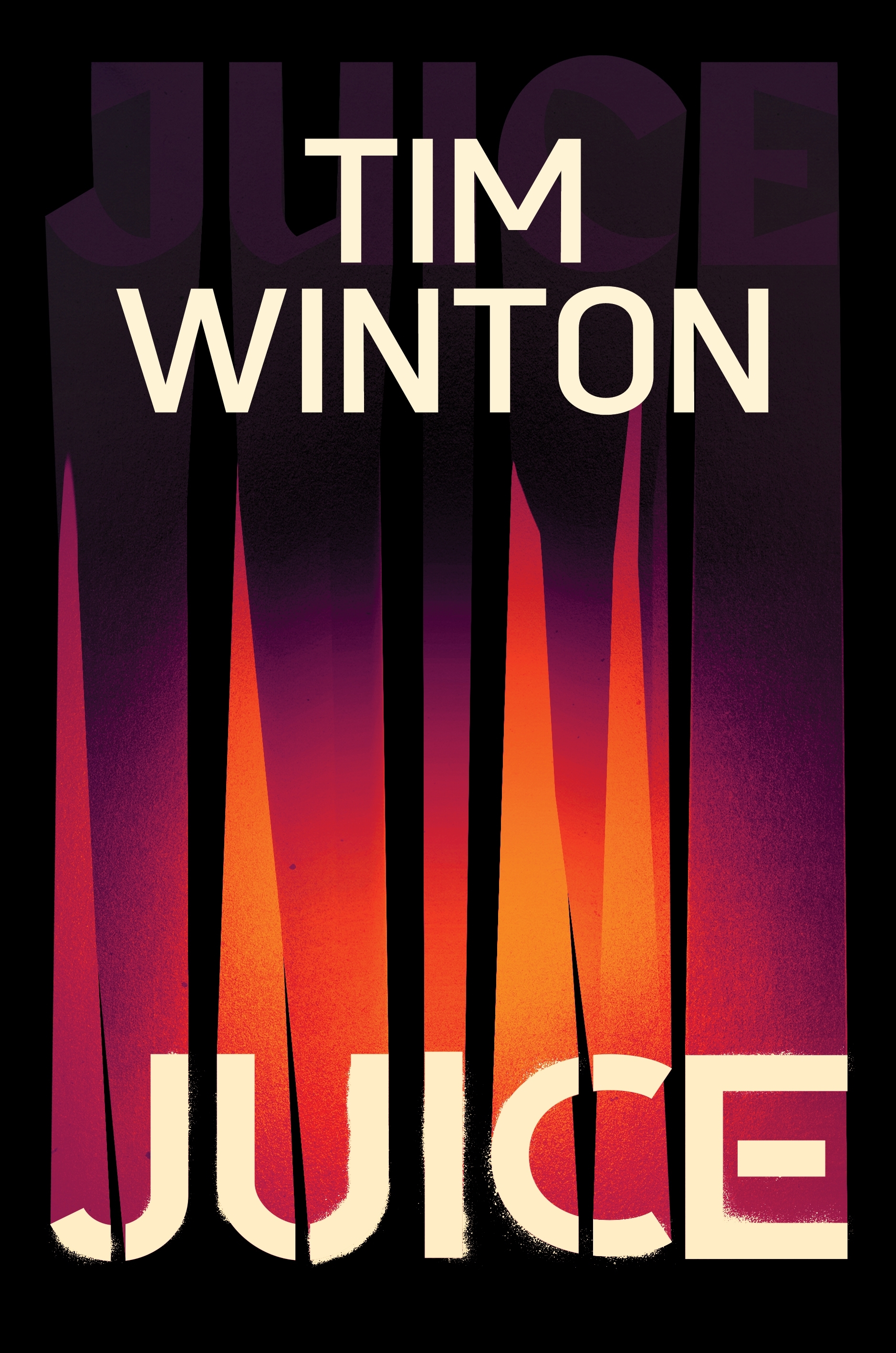
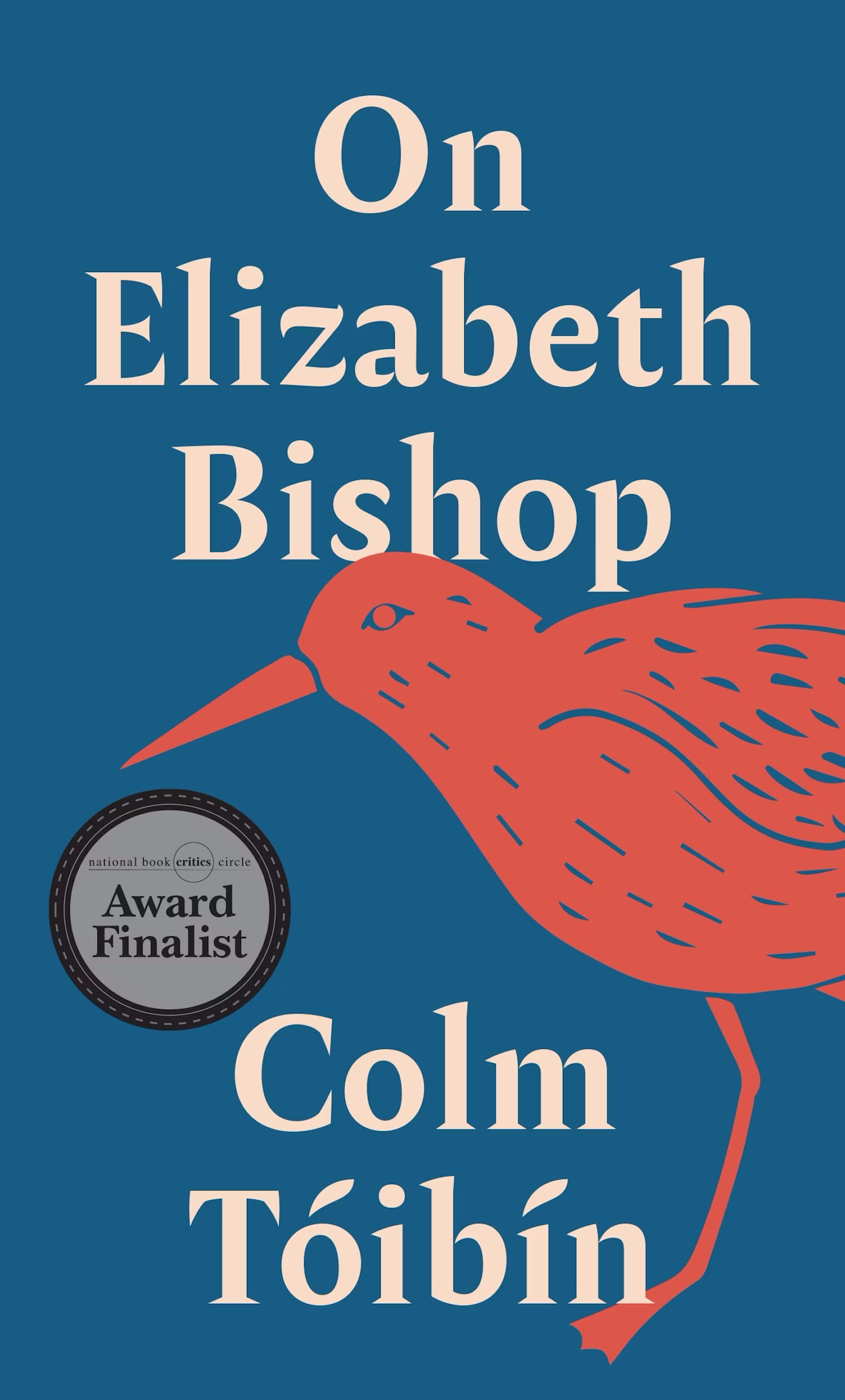
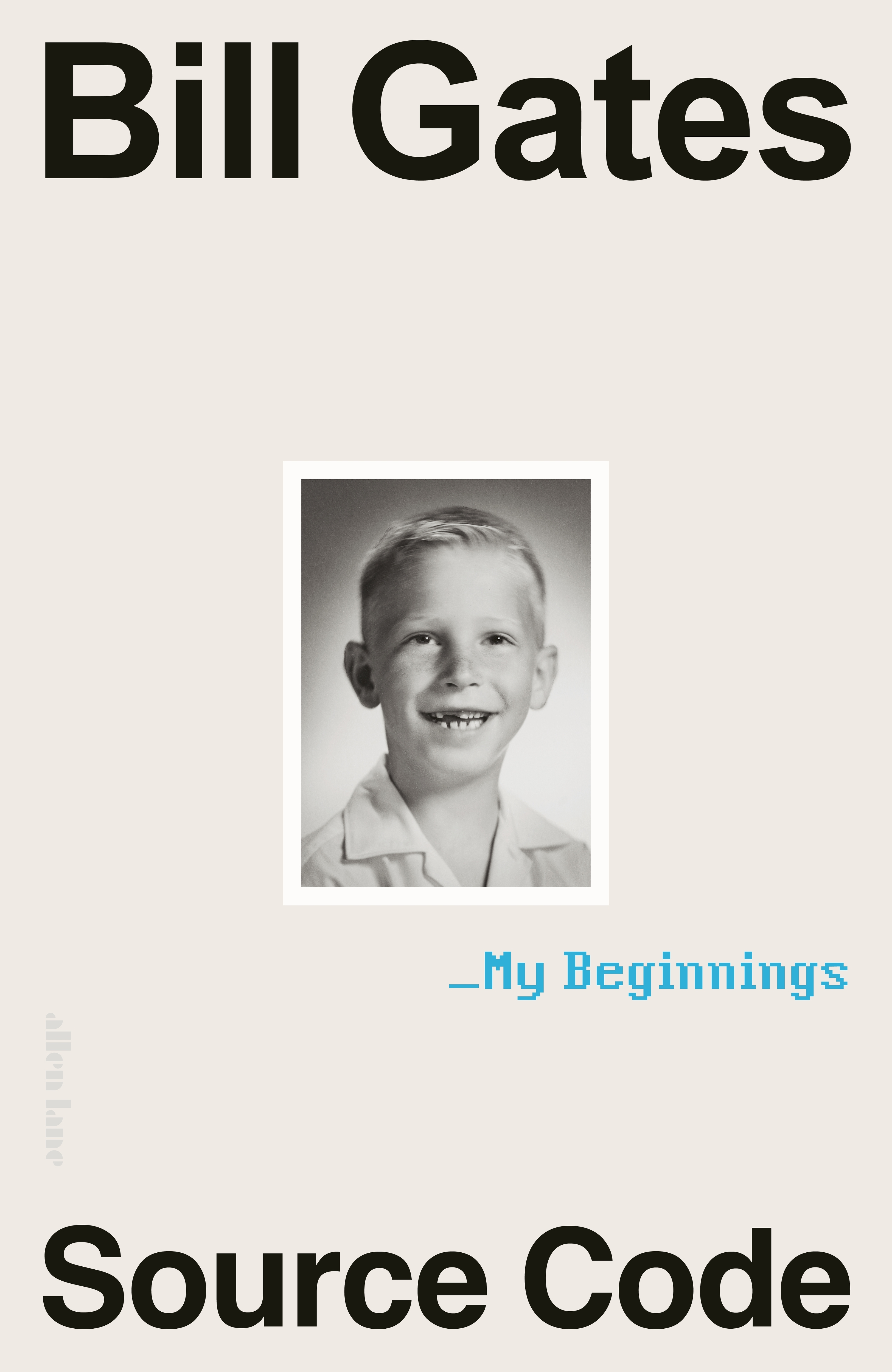
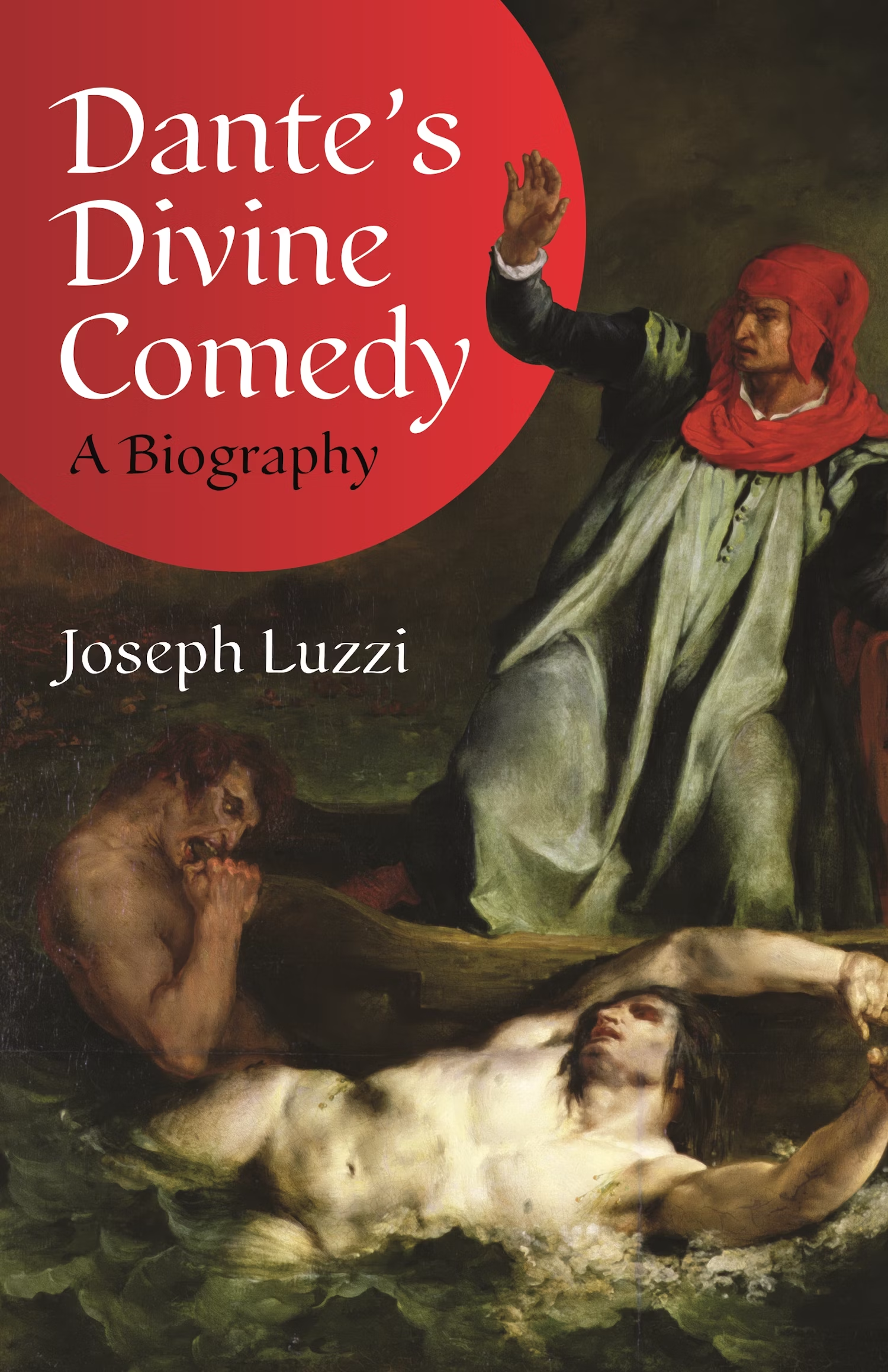
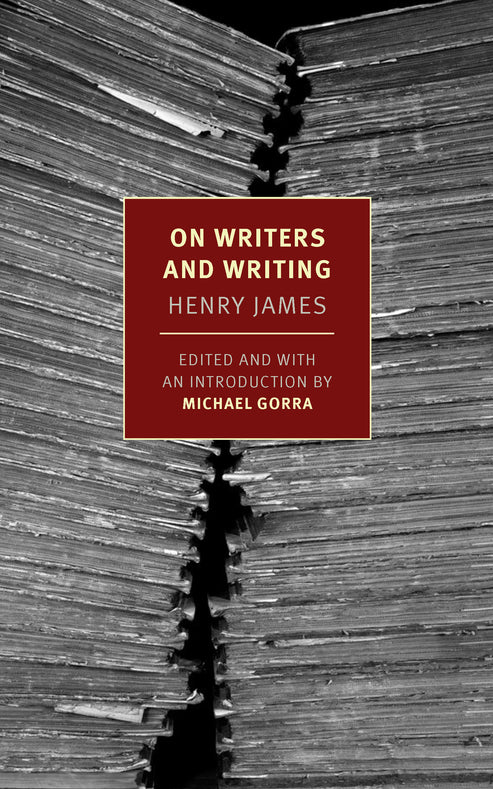


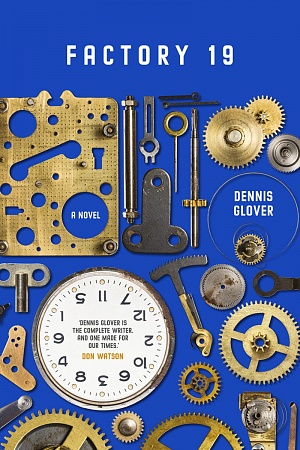




Comment (1)
Leave a comment
If you are an ABR subscriber, you will need to sign in to post a comment.
If you have forgotten your sign in details, or if you receive an error message when trying to submit your comment, please email your comment (and the name of the article to which it relates) to ABR Comments. We will review your comment and, subject to approval, we will post it under your name.
Please note that all comments must be approved by ABR and comply with our Terms & Conditions.